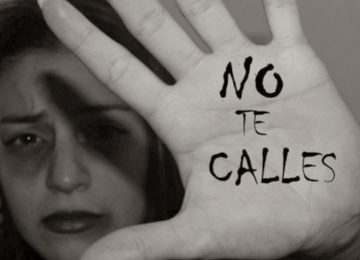When a partner dies, the marital status changes to widow(er). Of course, after sharing a good part of your life, having children, forming a family, experiencing sadness, joys or dreams together, it must not be as easy as I write it.
Something that people usually do not know is that, legally, when you are widowed you receive the pension of the deceased spouse, even if there is a new marital union.
Pension substitution is the right that the relatives of a contributor to the general social security system, or pensioner, have to receive the pension when that person dies. According to the rules contained in Law 100 of 1993 and the jurisprudence of the high courts.
The civil lawyer Helí Abel Torrado, expert in pensions, explains: “It is not true that a person who remarries or enters into a new de facto marital union loses the survivor’s pension, in any case”.
Torrado clarifies that prior to the 1991 Constitution there were rules that established that the pension could be lost; however, these circumstances were declared null and void.
Who inherits the pension? In addition to the spouse of the contributor or pensioner, children up to the age of 18 and up to the age of 25, if they are declared disabled due to illness or accident that prevents them from working, may also inherit the pension. Even other family members are entitled under special circumstances. Article 38 of Law 100 describes the cases of disability.
Another concern that arises is regarding the survivor’s pension that children receive. Attorney Torrado states that: “Neither do they stop receiving it because their surviving parent remarries, as long as the circumstances that allow children to inherit the pension persist in Colombia”.
In Ruling C 568-16, the Constitutional Court states that people who lost their partner cannot be discriminated against, regardless of whether this occurred before or after 1991. Magistrate Gerardo Botero stated: “This circumstance condemned people to remain alone their entire lives and many widows did not remarry for fear of losing their pension”.
The Court ruled on this after studying the case of a widow whose survivor’s pension was taken away because she remarried. The decision of the magistrates was to reestablish the allowance to the woman, arguing that the decision to take it away went against the right to free development of personality.
Regarding the same issue, the Labour Chamber of the Supreme Court also clarified that all widows or widowers who marry for the second time may request for the error to be rectified so that their pension continues to be paid.
In the case of widows whose husbands belonged to the Public Force and who died in the exercise of their duties, and the State had taken away their pension because they remarried or lived in a common-law marriage, they can also claim this right.
Additionally, the pension must be paid retroactively to the date on which the benefit was suspended for formalizing a new relationship.
The Court recognizes the retroactivity as of 1991, the year in which the current Constitution came into force. This ruling is of utmost importance due to the large number of uniformed personnel who have died in clashes in recent years in the country.
The magistrates adopted an equation that benefits the widows who lost the benefit before 1991 and determined as of July 7 1991 until today to make the retroactive claim.
Traducción del español: Catalina Oviedo Brugés.
















